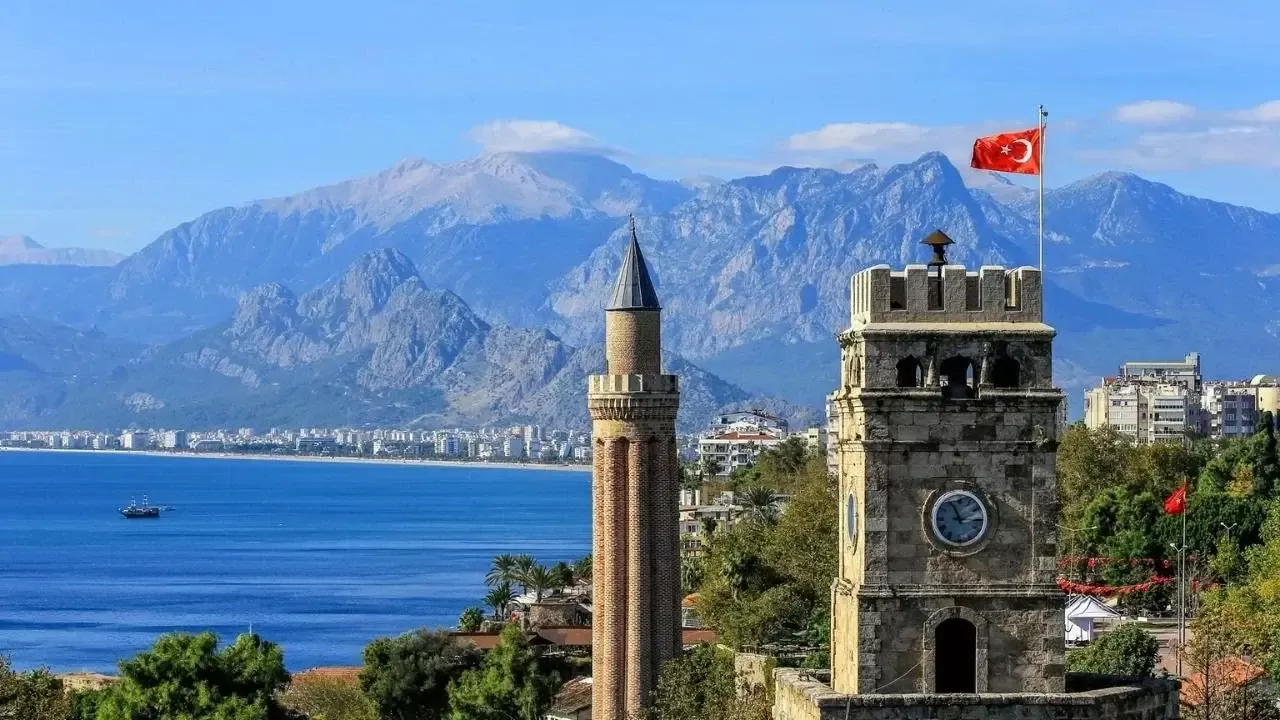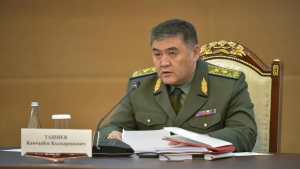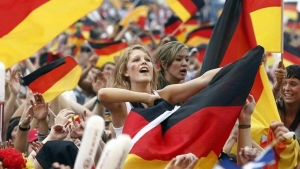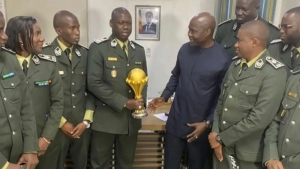In a multipolar world – Turkey and Turkic unity

From April 11 to 13, the fourth Diplomatic Forum took place in Antalya, Turkey. The event, held under the title “Diplomacy in a Divided World,” was attended by 21 heads of state, over 40 foreign ministers, more than 70 high-ranking officials from various countries, and a total of over 6,000 politicians, diplomats, experts, and media representatives from 155 countries. Sadiq Safayev, the Deputy Chairman of the Senate of Uzbekistan, participated.
The forum was aptly named “Diplomacy in a Divided World.” The era of unipolarity is coming to an end. The power of the United States is no longer absolute as it was in the 1990s. Multipolarity has begun to take shape. However, while unipolarity is still disintegrating, multipolarity has not yet fully formed. This forum served as a good platform to discuss and exchange views on current global political, geopolitical, and geo-ideological processes.
Why should we, Uzbeks, observe Turkey? Uzbekistan is an integral part of the Turkic world. With a total of six independent Turkic states, Uzbekistan is the second largest Turkic state after Turkey. Moreover, Uzbekistan is the largest Turkic state in Central Asia and the post-Soviet space. Before the invasion of Tsarist Russia, especially until the Bolsheviks came to power, our ties with Turkey and Turkic peoples were very strong. Even in the early 1990s, when Uzbekistan became independent, we began to orient ourselves towards the Turkish model. However, this closeness did not last long. In the last 7-8 years, Uzbekistan has made efforts to re-engage with the Turkic world, enhance cooperation, and improve relations with Turkey. It has succeeded. Thus, for Uzbek society, Turkey has become a second geopolitical orientation, and Turkey has emerged as the most important friendly state.
At the Antalya Diplomatic Forum, many issues and problems were discussed. Among the main topics were the situation in Syria, the genocide in Gaza, processes in the Caucasus, the Russia-Ukraine war and negotiations, trends in the Middle East, situations in Africa, Turkic cooperation, and processes and projects in Central Asian countries.
A special panel was organized by the Turkic States Organization, where analyses and presentations were made regarding the cooperation of member states and the main issues, problems, and projects of the day. Sadiq Safayev emphasized the unity of values and worldviews in the Turkic world, discussing the importance of information space unity, political dialogues, and the intensity of cooperation to prevent political and geopolitical divisions in the Turkic world.
The Secretary General of the Turkic States Organization, Kyrgyz Qubanchbek Umaraliyev, stated, “No one can take away our historical and identity unity; now we must move to practical actions and connect Turkic states with real projects, uniting them.” The Secretary General briefly spoke about the major projects being implemented within the organization.
The Chairman of the Council of Elders of the Turkic States Organization, former Prime Minister of Turkey, and prominent politician Binali Yildirim responded to journalists' question, “Is China's 'Belt and Road' initiative a competitor to the Middle Corridor project connecting Turkic states?” by saying, “The goal of the Middle Corridor transport route connecting Central Asia through the Caspian Sea to Azerbaijan and Turkey should be to serve as the main route connecting China on one side and the European Union on the other.”
At the forum, renowned American economist Jeffrey Sachs analyzed the situation in the Middle East. According to Sachs, the main culprit of instability in Syria and the Middle East is Israel. Israel's goal is to completely reformat the Middle East: any state that criticizes Israel or does not support it is toppled by the US. In recent years, six states have been destabilized and toppled by the US within the framework of the Israeli project: these are Lebanon, Iraq, Libya, Somalia, Sudan, and Syria. In Sachs' opinion, as long as imperialist states like England, France, or the US remain in the Middle East, there will be no peace in the region.
Turkish President Erdogʻan also spoke at the forum, explaining Turkey's foreign policy and emphasizing its focus on diplomacy. According to Erdogʻan, Turkey is a state on the path to creating its own pole in the new world, establishing friendly and equal relations with everyone. However, anyone who chooses the path of pressure or oppression will not be bowed down to, and Turkey will fight for its rights. The Turkish president also paid great attention to the situation in Gaza, elaborating on the concept of “Israel as a terrorist state,” and condemned the genocide in Gaza, mentioning that children, women, and journalists have been ruthlessly killed.
Many politicians participating in the forum agreed on one point: “A new era of monsters is beginning in the world political arena.” That is, international law has weakened, bloody and trade wars are on the rise, and the borders of states are becoming increasingly unstable. Against this backdrop, the cooperation of the Turkic world has been emphasized as more relevant than ever by many, including the representative from Uzbekistan.
political scientist







